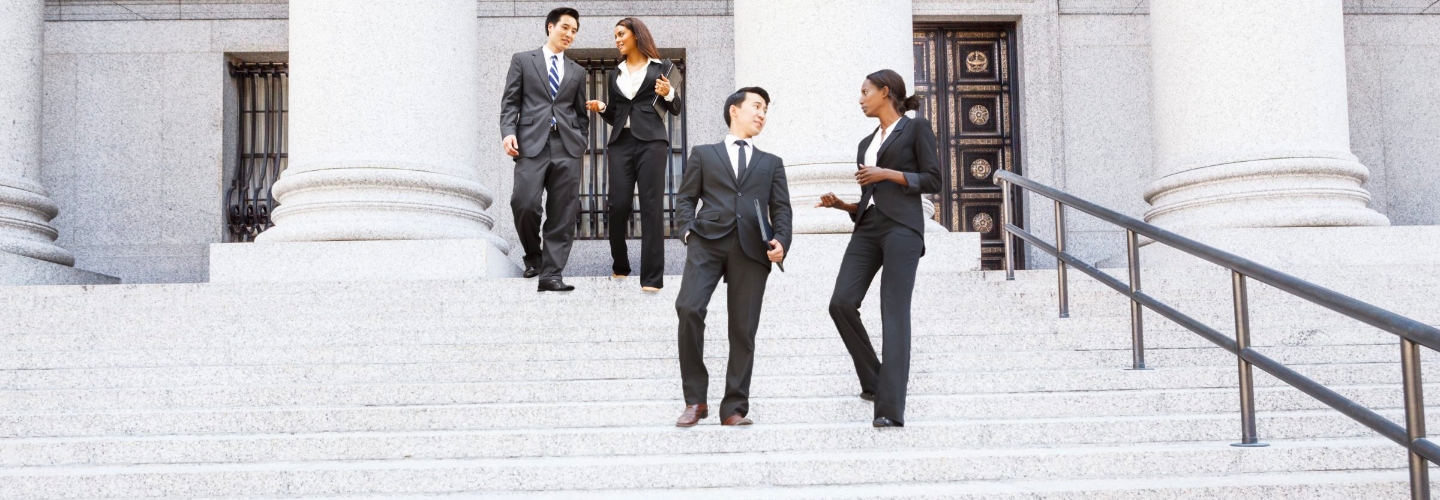
On May 7, 2018, the Commission entered a Decision and Opinion on Review, upholding the arbtrator’s denial of a claim filed by David Johnson against employer Sleep Innovations. The matter was successfully defended by Elaine Newquist of our Chicago office. The defense of the claim was successful in large part due to the aggressive claims-handling by the adjuster and the cooperation of the employer in the initial investigation and subsequent willingness to provide witnesses to testify at trial. David Johnson v. Sleep Innovations, 14 WC 21559, 18 IWCC 0288 (5/7/18)
Facts
The Petitioner, David Johnson, alleged that on April 29, 2014, he sustained an injury to his right foot as a result of falling off a machine. He was employed by Respondent as a maintenance technician, and claimed that he used a table to climb on to the machine in question to remove some material that had jammed the machine, and that after completing that task, the table had been moved by an unidentified co-worker, resulting in him attempting to climb down and ultimately falling and landing on his right foot. He continued to perform his regular work activities for nearly a week following the alleged accident, and finally sought treatment for the foot on May 6, 2014.
The maintenance supervisor for Respondent testified that the Petitioner’s testimony regarding the alleged accident was nonsensical, given the mechanics of the machine in question, the presence of ladders and scissor-lifts in the plant and the company enforcement of safe climbing procedures. In addition, when Petitioner initially reported foot pain to the supervisor, he never mentioned a work accident and in fact related the need to see a doctor to “something in the past that I need to take care of.”
The initial medical history reported by the Petitioner also made no reference to a work accident. Rather, the Petitioner related that he had a history of right heel pain present for two months, and that he had sought treatment for the condition in the past. He was diagnosed with various degenerative conditions, as well as “alcoholic neuropathy,” which eventually resulted in the amputation of his great toe.
Shortly after beginning his medical treatment in May 2014, the Petitioner was sent to Dr. Vora for a Section 12 independent medical examination. Based on the physical examination and review of the treatment records, Dr. Vora opined that Petitioner was suffering from an underlying neuropathic condition, with no work related cause. He further noted that if Petitioner had sustained a traumatic fracture to the foot, he would have been unable to continue to perform his regular work activities for almost a week subsequent to the alleged accident, especially without seeking medical attention.
Arbitration Findings
Arbitrator Gerald Granada found that Petitioner failed to prove that he sustained an accident arising out of and in the course of his employment. He specifically found that the Petitioner was not credible, in light of the testimony of the supervisor concerning the mechanics of the machine in question, the availability of ladders to be used for climbing purposes, as per the safety rules of the plant, and the lack of any history of a work accident in the initial treatment records. He also found the opinions of Dr. Vora to be persuasive, specifically his opinion with regard to the lack of causation and that Petitioner would not have been able to continue to work with the foot fracture if it was traumatic in nature, and the diagnosis of neuropathy, which was borne out by the subsequent medical treatment.
The Petitioner filed a Petition for Review of the arbitrator’s decision, but the Commission affirmed and adopted the arbitrator’s decision. There was no appeal following the Commission decision.
Take-Away
The defense of this case and finding of no accident came about as a result of the cooperation and teamwork of the employer, adjuster and attorney. The employer conducted an immediate and thorough investigation once this alleged accident was reported by Petitioner. The adjuster gathered all of this information and set up the IME with Dr. Vora within a month after the treatment commenced, resulting in a strong opinion to support denial of the claim. And the attorney worked with both the employer and the adjuster to plan and present a winning defense before the arbitrator and the Commission.

